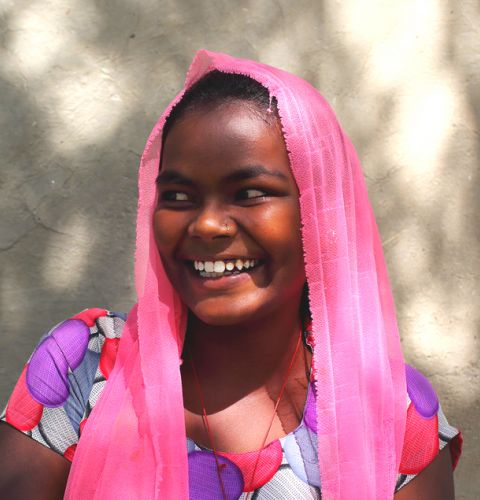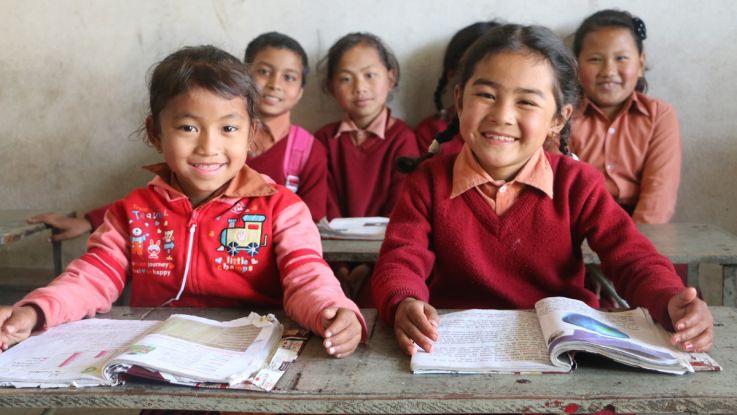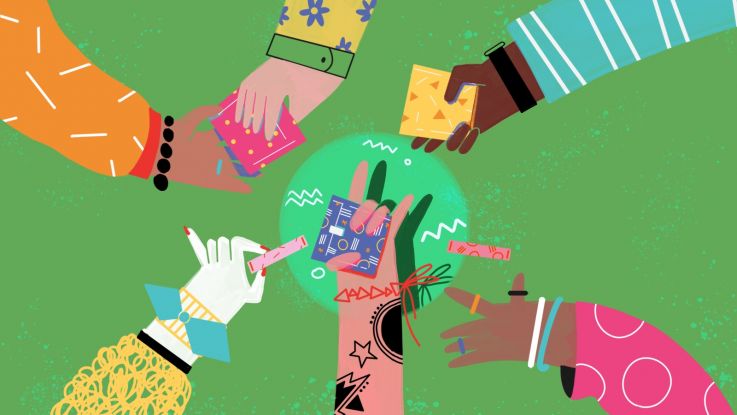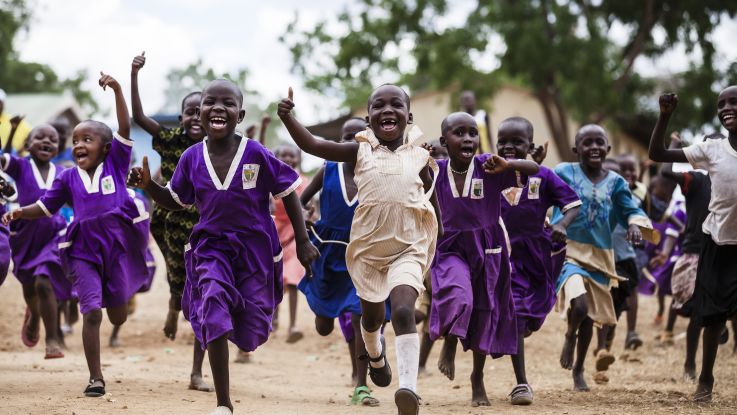Every day, millions of women and girls around the world face injustice, violence and discrimination. Too many are struggling to feed their families amid a cost of living crisis - and a rapidly changing climate.
But there is hope. ActionAid is a community-led organisation that works with women and girls on effective, long-term solutions to poverty and violence - like education, training and small loans. These practical policies help women and girls to invest in their futures, claim their rights and become leaders of change in their communities.
Will you be a part of this long-term change, by making a donation?
About ActionAid
ActionAid is an international charity that works with women and girls living in poverty in 40 countries across Asia, Africa and Latin America.
Founded in 1972, we've been fighting poverty worldwide for more than 50 years.
How your donation can help
Donating by post
If you’d prefer to donate by post, make out a cheque payable to ActionAid UK, and send it to:
Supporter Care Team
ActionAid UK
Chard Business Park
Jarman Way
Chard, Somerset
TA20 1FB
Page updated 22 January 2026







